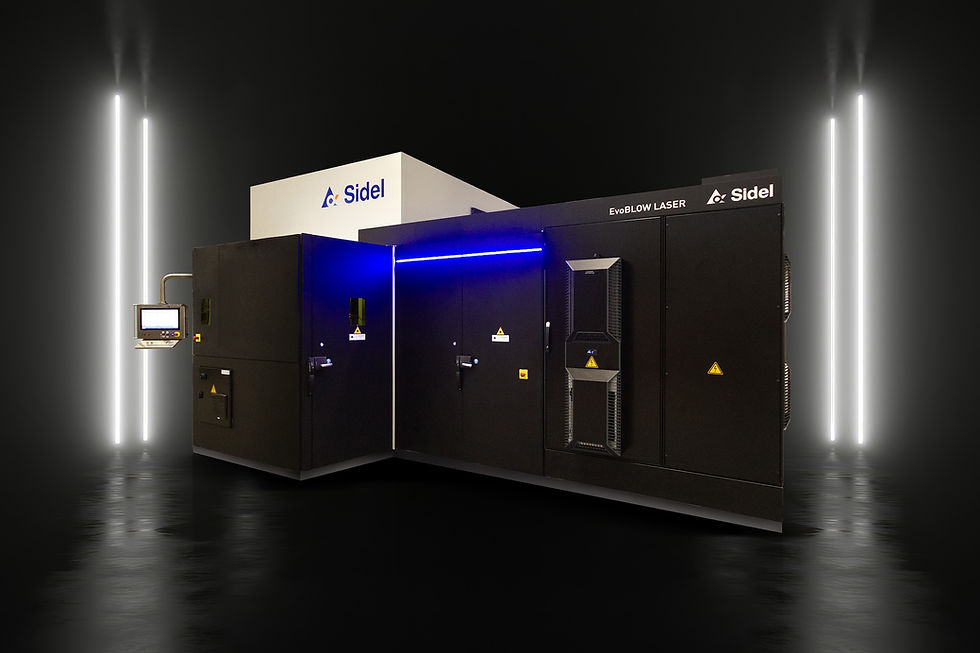The latest news, trends, analysis, interviews and podcasts from the global food and beverage industry
Sidel has introduced Hydra Ultrasonic, a bottle washing system that integrates chemical and ultrasonic technologies. This product aims to help bottlers reduce production costs while minimising their environmental footprint.
As the beverage sector shifts towards more sustainable packaging solutions, particularly returnable glass and PET bottles, the demand for efficient and effective bottle-washing technology has grown.
With legislative reuse targets and a growing emphasis on reducing packaging waste, manufacturers are increasingly reliant on bottle washing systems that ensure hygienic cleaning.
Hydra Ultrasonic addresses this need by optimising the washing process through a precise combination of temperature, chemical concentration and time, effectively removing dirt and debris from both the interior and exterior of bottles.
"Real progress means doing more with less," said Andrea Solfa, product manager at Sidel. The company’s dual-technology approach not only enhances washing capacity but also significantly reduces energy and water consumption while lowering the carbon footprint of the washing process.
The integration of ultrasonic technology enhances the mechanical action during washing, allowing for shorter cleaning times and lower temperature requirements.
This improved efficiency leads to increased production rates, with potential boosts of up to 15%, while also reducing rejection rates of cleaned bottles.
From a sustainability perspective, the Hydra Ultrasonic is designed to achieve substantial reductions in resource usage. The system reportedly lowers steam consumption by 20% and water usage by 15%, contributing to a more environmentally friendly operation.
Furthermore, by facilitating 100% electrification through heat pump technology, the Hydra Ultrasonic replaces steam with hot water, leading to additional cuts in CO2 emissions.
The new bottle washer offers significant total cost of ownership savings. With a shorter washing time and fewer components required – such as motors and chains –manufacturers can expect a 20% reduction in the overall footprint compared to traditional systems.
The technology also promises lower maintenance needs.











.jpg)
